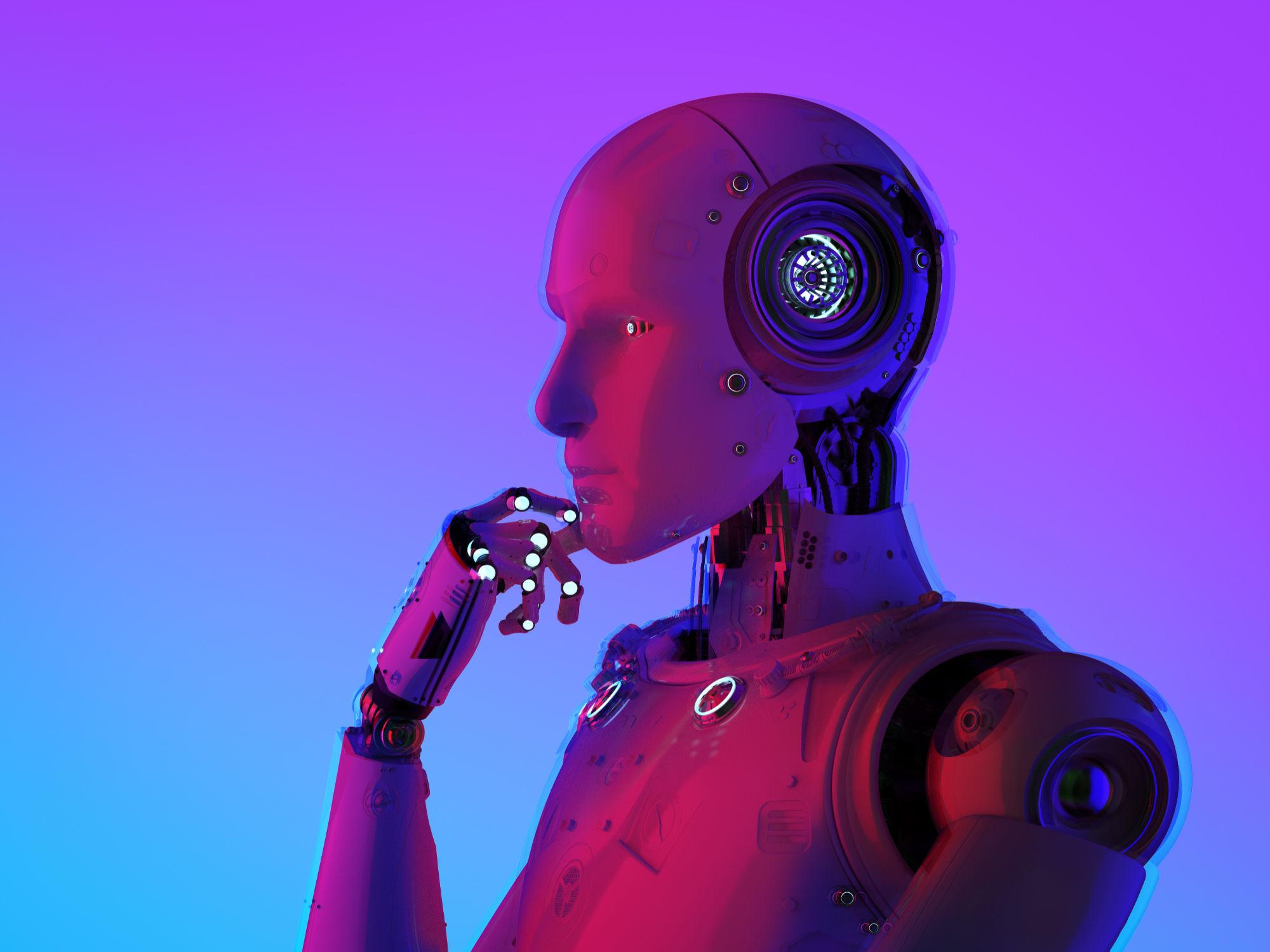### Summary
A new AI tool developed by researchers reveals how drinking, smoking, poor diet, and a lack of exercise can prematurely age an individual's heart, with the aim of finding ways to reverse heart aging.
### Facts
- The AI tool analyzes the impact of drinking, smoking, poor diet, and lack of exercise on heart aging.
- The system was developed by a team led by Prof Declan O'Regan.
- The tool compares the heart's condition to that of 5,000 healthy patients of differing ages.
- The tool can detect subtle signs of premature aging that even expert cardiologists might miss.
- The tool calculated the author's heart age as 63, only a couple of years older than their birth age.
- The researchers are examining the role of genetics in premature heart aging.
- Genes associated with muscle elasticity, the immune system, and carrying electrical signals through the heart play a part in premature heart aging.
- Understanding the role of genes could lead to the development of treatments that slow or reverse heart aging.
A new AI tool can assess the impact of lifestyle factors such as drinking, smoking, poor diet, and lack of exercise on premature heart aging, with the aim of finding ways to reverse the process and reduce the risks of age-related conditions like stroke and heart disease.
Researchers from the Department of Radiology at the University of Chicago have developed a deep learning-based model that can predict the need for intensive care in COVID-19 patients by analyzing their chest X-ray images, potentially improving resource allocation and patient care during the pandemic.
Artificial intelligence (AI) has the potential to revolutionize healthcare by improving disease detection and diagnosis, enhancing healthcare systems, and benefiting health care providers, but it also presents challenges that must be addressed, such as developing robust and reliable AI models and ensuring ethical and responsible use.
AI has the potential to revolutionize healthcare by shifting the focus from treating sickness to preventing it, leading to longer and healthier lives, lower healthcare costs, and improved outcomes.
Artificial intelligence (AI) has the potential to greatly improve health care globally by expanding access to health services, according to Google's chief health officer, Karen DeSalvo. Through initiatives such as using AI to monitor search queries for potential self-harm, as well as developing low-cost ultrasound devices and automated screening for tuberculosis, AI can address health-care access gaps and improve patient outcomes.
Artificial intelligence (AI) is changing the field of cardiology, but it is not replacing cardiologists; instead, it is seen as a tool that can enhance efficiency and improve patient care, although it requires medical supervision and has limitations.
Artificial intelligence (AI) in healthcare must adopt a more holistic approach that includes small data, such as lived experiences and social determinants of health, in order to address health disparities and biases in treatment plans.
Diagnostikum, a radiology service provider in Austria, is using the AI-Rad Companion Chest CT, an AI solution in chest CT imaging, to automate tasks and improve efficiency, benefiting both patients and medical professionals.
Using artificial intelligence and CT scans, doctors at Lee Health are able to predict an individual's likelihood of having a heart attack by analyzing and measuring the plaque in their coronary arteries, allowing for preventive measures to be taken.
The use of advanced imaging techniques in healthcare, such as CT and ultrasound examinations, has increased significantly in the past decade, leading to a growing interest in making these tools more intelligent, user-friendly, and accessible, with organizations like GE developing AI-assisted ultrasound technology to improve healthcare outcomes and access particularly in low to middle-income countries. Additionally, AI algorithms have shown promise in predicting breast cancer risk, and tools like Google Health's DermAssist have the potential to revolutionize patient healthcare.
Radiologists outperform AI tools in diagnosing conditions from X-rays, especially in complex cases, according to a study comparing the two conducted by Danish researchers. The study found that while AI tools were reasonably sensitive, they also produced a high number of false positives, making their accuracy decrease with the complexity of the diagnosis. The researchers concluded that AI systems are not yet advanced enough to replace radiologists in reading X-rays.
Fitbit Labs is introducing a new program that uses AI to analyze health and fitness data, providing personalized insights and trends to help users understand their health better.
